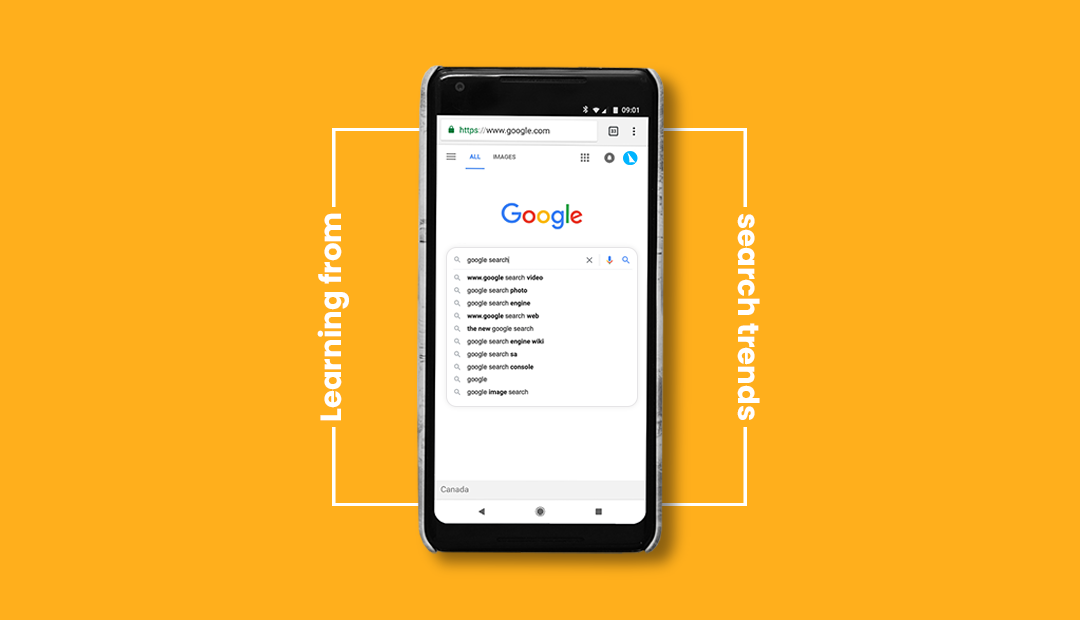There has been much talk about the new Google algorithm, Hummingbird. The most extreme update since 2001 has affected more than 90 percent of searches, and it definitely has Web and search enthusiasts talking. But, what does it mean? Is SEO dead? No more organic keywords in Google Analytics? Is the search world over? Don’t worry the world is not over as we know it. Here are just a few key things I’ve identified that everyone needs to know.
It’s Still About the User
It has always been Google’s No. 1 goal to ensure the best experience possible for its users. Nothing has changed with this. They have just released a new system on how that will be determined.
If it’s one thing we know for sure is, that you must create useful, relevant content that users want to share. No, they do not want to see a bunch of gibberish with keywords stuffed into it. Determine what the goals of your visitors are and deliver! Here’s a list of somethings you can add to your content to increase quality and relevancy: video, images, statistics, infographics, links to relevant articles and useful content.
Organic Keywords, Where Have They Gone?
Yes. Google has taken away our ability to see organic keywords in Google Analytics. But, what does that mean? Are there no more organic keywords? Maybe not in the traditional sense, however, it has transitioned from what we knew as keywords to conversational searches.
“Hummingbird is paying more attention to each word in a query, ensuring that the whole query – the whole sentence or conversation or meaning – is taken into account, rather than particular words. The goal is that pages matching the meaning do better, rather than pages matching just a few words.” – Search Engine Land
Users have been typing in longer, and longer search queries that are more specific. Hummingbird focuses on users intent rather that just keywords, providing the users with the results they’re searching for. The tricky part is that Google won’t be telling what those will be, at least in terms of organic searches.
Better Search Display
New content display on SERPs makes it easier for users to find what they’re looking for. This can actually give website owners more real estate on the first page. So if you’re a website providing good, quality content, you will actually see benefits from Hummingbird.
Hummingbird & Your Business
So what does that mean for your business and websites? You have likely already experienced a ranking shift. Which could be a positive one. Hummingbird has enabled for businesses that once didn’t rank for more generic keywords to rank for them. On the other hand, if your website was full of keyword stuffed, spammy SEO tactics, you probably have seen a negative effect.
SEO is certainly not dead, and as long as Google and search engines are around, it won’t be. However, how we think about it must change. We have to begin to rethink who are users are and provide them with the best experience possible on every page of our websites.









